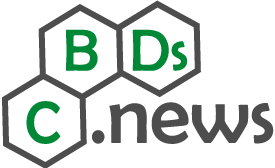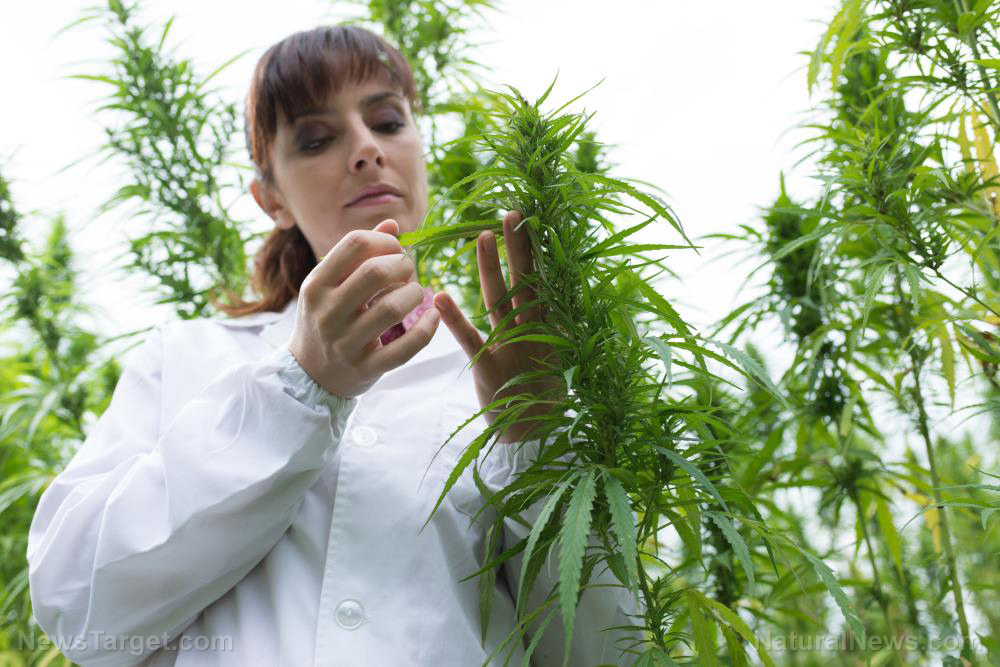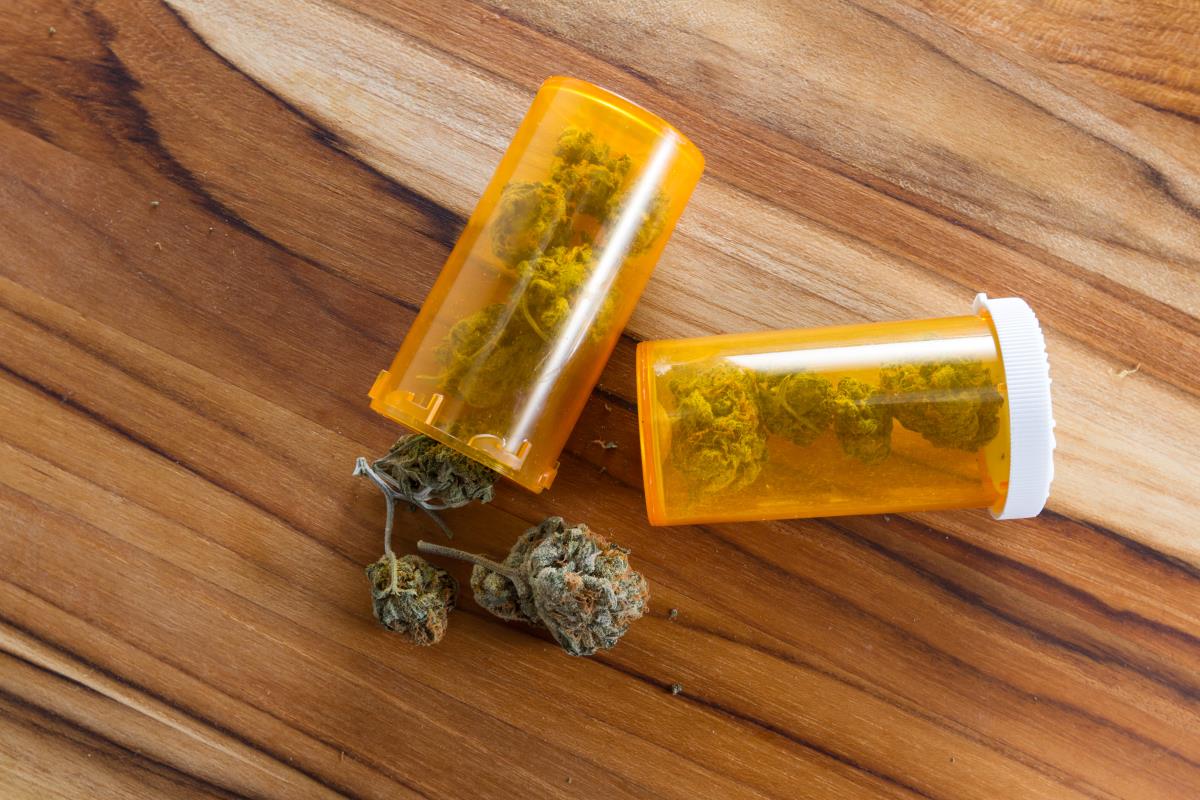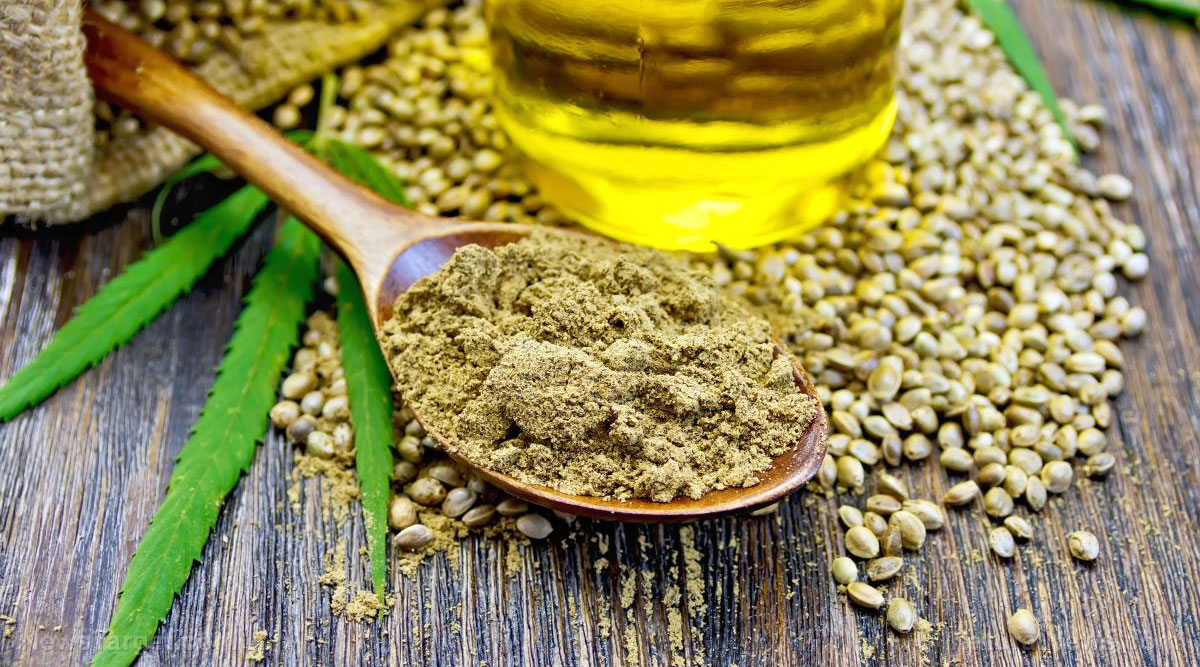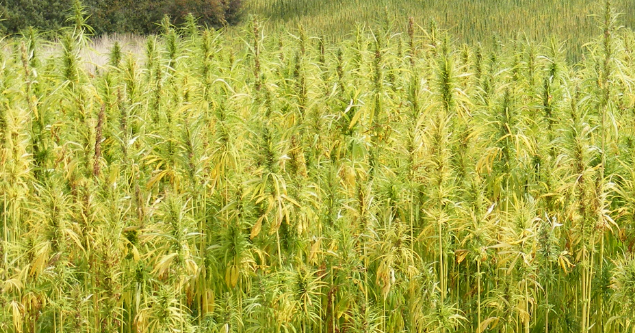Cannabis drug found to reduce risk of seizures by half in people with treatment-resistant epilepsy
07/22/2018 / By Michelle Simmons

A new study found that using cannabis, partnered with anti-epilepsy treatments, helped lower the risk of epileptic seizures of Lennox-Gastaut syndrome patients by almost 50 percent.
The study was carried out by a team of researchers from Massachusetts General Hospital who looked at the effectiveness and safety of cannabidiol, which is found in marijuana plants, in Lennox-Gastaut syndrome patients.
Lennox-Gastaut syndrome is a severe case of epilepsy that has multiple seizures – in particular, tonic (a person’s muscles stiffen, and he/she loses consciousness) and atonic (a condition wherein a person loses muscle tone and falls limply to the ground). It also is rare: the condition accounts for only two to five percent of total childhood epilepsy cases.
In conducting the study, the research team evaluated 171 individuals aged two to 55 who suffer from Lennox-Gastaut syndrome from the Netherlands or Poland. The participants experienced a minimum of two drop seizures a week every month, and were highly resistant to treatment before the study started; they had not responded to an average of six anti-epilepsy drugs, were taking three anti-epilepsy drugs, and experienced an average of 73.8 drop seizures every 28 days.
The participants were given either 20 milligrams per kilogram (mg/kg) of cannabis drug or placebo in addition to their usual treatment every day for 14 weeks. The patients or their caregivers wrote down the number and types of seizures, medication use, and side effects every day.
Results showed that the participants who received cannabis drug had a 43.9 percent lower risk of drop seizures, in comparison to the 21.8 percent decrease in those who did not receive cannabis drug treatment. Moreover, the cannabis drug group had a greater decrease in the levels of other seizures and a decrease of 41.2 percent in their monthly seizure frequency.
However, 62 percent of the cannabis drug group experienced side effects associated with the treatment in comparison with the placebo group wherein 34 percent of them experienced side effects. The most common side effects in the cannabis group were diarrhea, drowsiness, fever, loss of appetite, and vomiting. Meanwhile, 12 participants in the cannabis group and one participant in the control group withdrew from the study due to side effects, including temporary increases in the liver enzyme. (Related: Cannabidiol (CBD) found to cut seizures in HALF among severe epilepsy patients, scientists find.)
“Our results suggest that the use of cannabidiol as an add-on therapy with other anti-epilepsy drugs might significantly reduce the frequency of drop seizures in patients with Lennox-Gastaut syndrome, which is positive news for these patients, who often do not respond to treatment,” said lead author Elizabeth Thiele.
Cannabidiol found to reduce seizures in Dravet syndrome patients
Another study published in the New England Journal of Medicine revealed that cannabidiol decreased the number of convulsive seizures in children with Dravet syndrome. Researchers randomly divided 120 children and young adults with the Dravet syndrome and drug-resistant seizures to receive an additional treatment of either cannabidiol drug at a dose of 20 mg/kg of body weight per day or placebo for 14 weeks. Dravet syndrome is a childhood epilepsy disorder that is linked to drug-resistant seizures and a high mortality rate.
Results showed that the average frequency of seizures every month decreased from 12.4 to 5.9 with cannabidiol, compared with a reduction from 14.9 to 14.1 with placebo. A 43 percent reduction in convulsive seizures was observed in the cannabidiol group in comparison with a 17 percent decrease for the placebo group. However, the cannabidiol group experienced more side effects compared to the placebo group. Side effects included diarrhea, vomiting, fatigue, pyrexia, somnolence, and abnormal results on liver-function tests.
Learn more about medical marijuana at CannabisCures.news.
Sources include:
Tagged Under: cannabidiol, cannabis, CBD, Epilepsy, herbal medicine, Lennox-Gastaut syndrome, medical marijuana, medicinal plants, natural cures, plant cures, remedies, science, seizures
